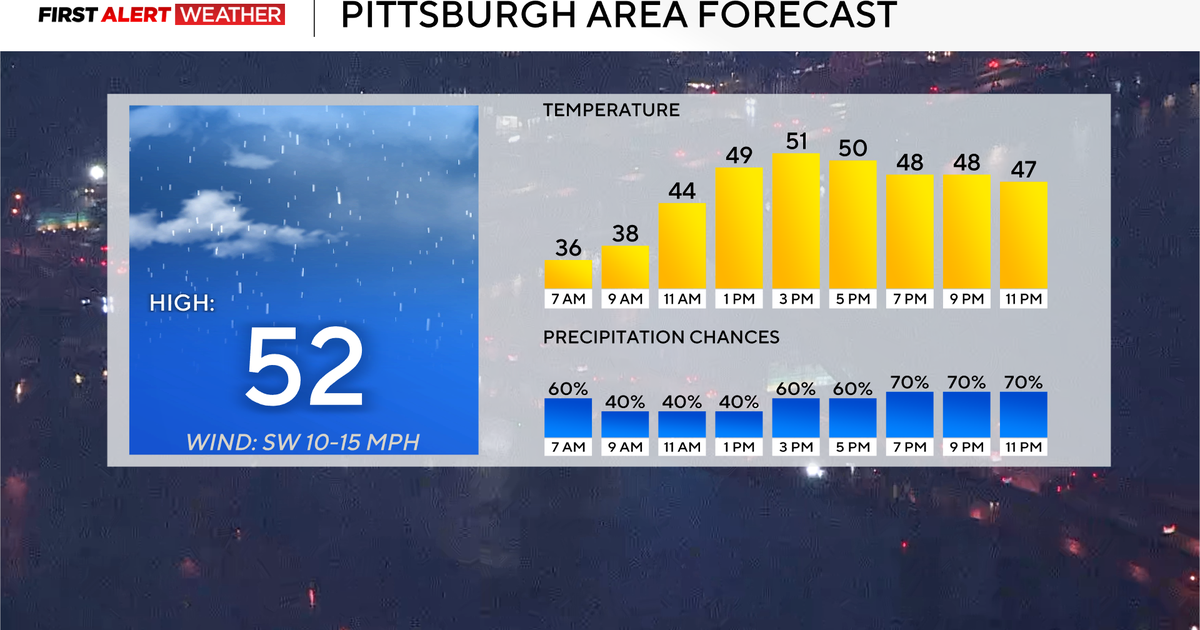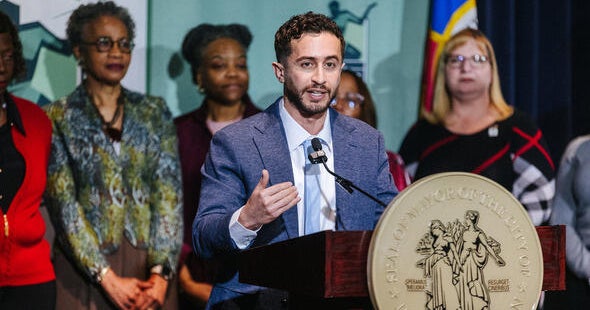The long-term harm of 'parentifying' your child
PITTSBURGH (KDKA) -- Concern is building about children taking on family roles normally filled by parents. It's called 'parentifying' a child.
If left unchecked, it can impact your child's personal development and even breed resentment.
KDKA's John Shumway is here to explain.
We're not talking about asking a child to do chores. There's nothing wrong with that.
We're talking about a child doing things above their age grade, to the family's benefit, but maybe not to their own.
Parentifying might be a new term to most of us, but parentification of children is well known among the experts.
AHN Child Psychiatrist Dr. Gary Swanson says on the one hand, it can be an overt ask from a parent to ask a child to do something within the household, but also says that it's more likely to happen when a parent is having a hard time fulfilling their role as a parent, so the child feels the obligation to take over.
The child can see what's coming and end up trying to fix things before they become a problem, because problems in the home can be unsettling.
This can lead to the child thinking that if they don't do things, someone is going to mad at someone else, and taking care of the task will help reduce conflict in the home.
The child winds up parenting the adult by meeting their needs.
"It can fill the need to sort of step in then and take on the mom role because mom is sick or tired or having some other issue that's going on," Dr. Swanson said.
It could be mom, dad, or both. While the child might do it voluntarily, Dr. Swanson says it can foster trouble.
"They may feel angry about that," Dr. Swanson said. "Hey, I'm a kid, I'm supposed to be playing, you're making me do these chores or do I take all these kinds of roles? And I don't really want to do that."
It can also put more pressure on the child if there is a problem. They might feel responsible, but maybe it wasn't realistic for them to take on that role and maybe they should have been doing something else.
"They're not allowed to surrender not being able to play and do the kinds of things that more normal kids do," Dr. Swanson said. "We want them to do that play and that fun and that goes social relationships with same age peers are important for their development."
Dr. Swanson suggests parents take a one-step-back overview of the family dynamics and if a child is too often parenting, the parent needs to step in and say "I've got this."
When it comes to parents knowing whether or not they are parentifying their child, most parents probably just feel they need the help. Dr. Swanson says to consider what the child isn't doing.
If they've given up sports or extracurricular activities or time with friends in order to play the parenting role, that's when you know the parentifying has gone too far.







